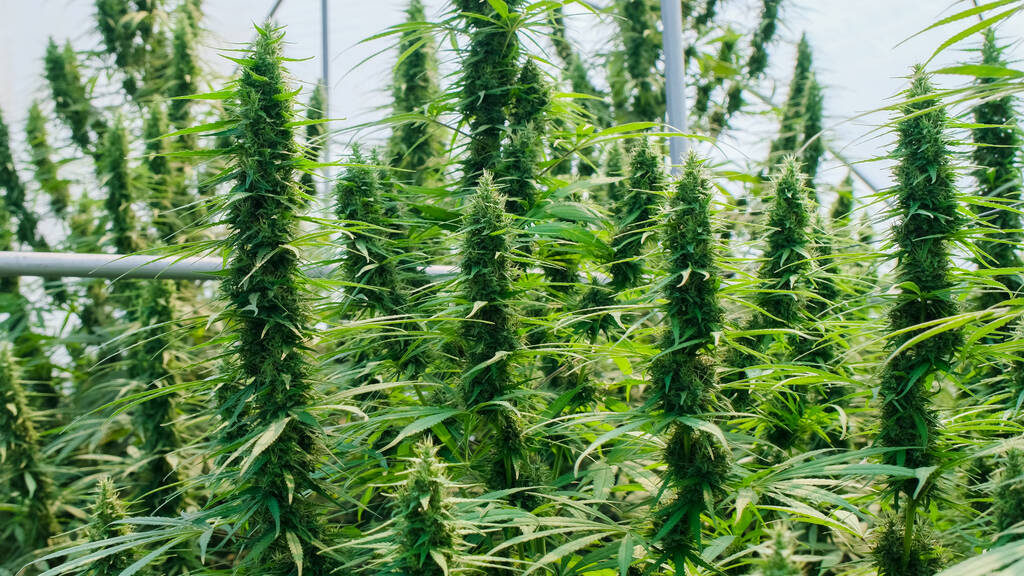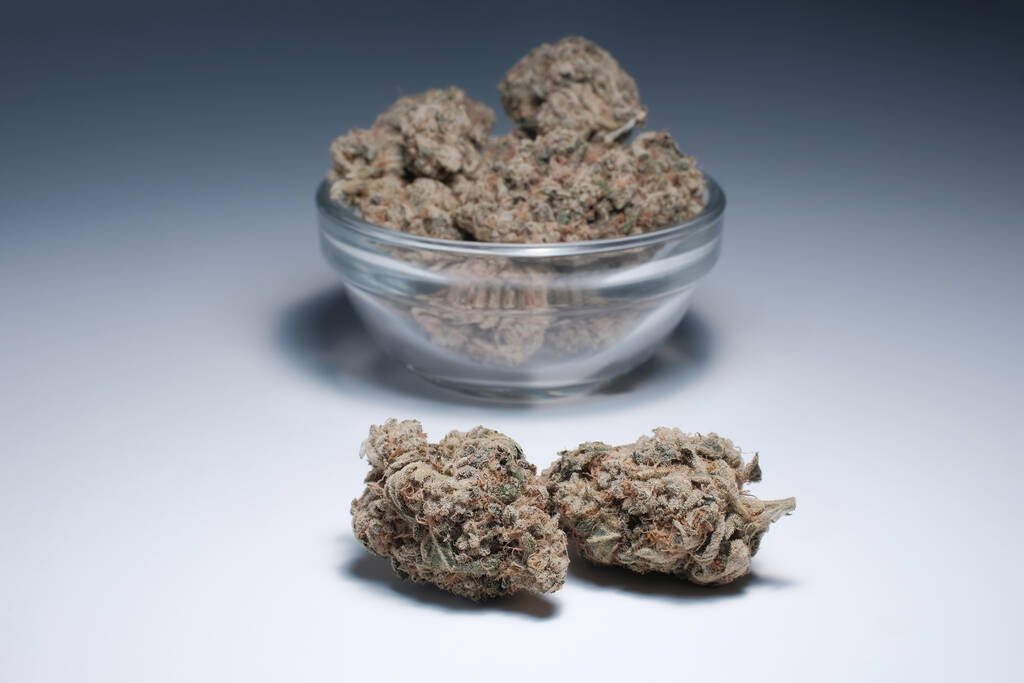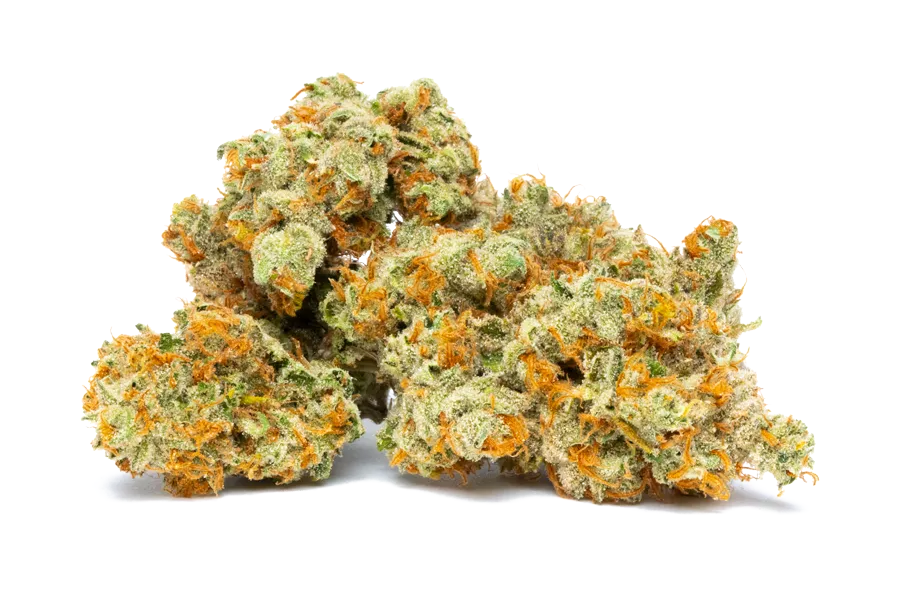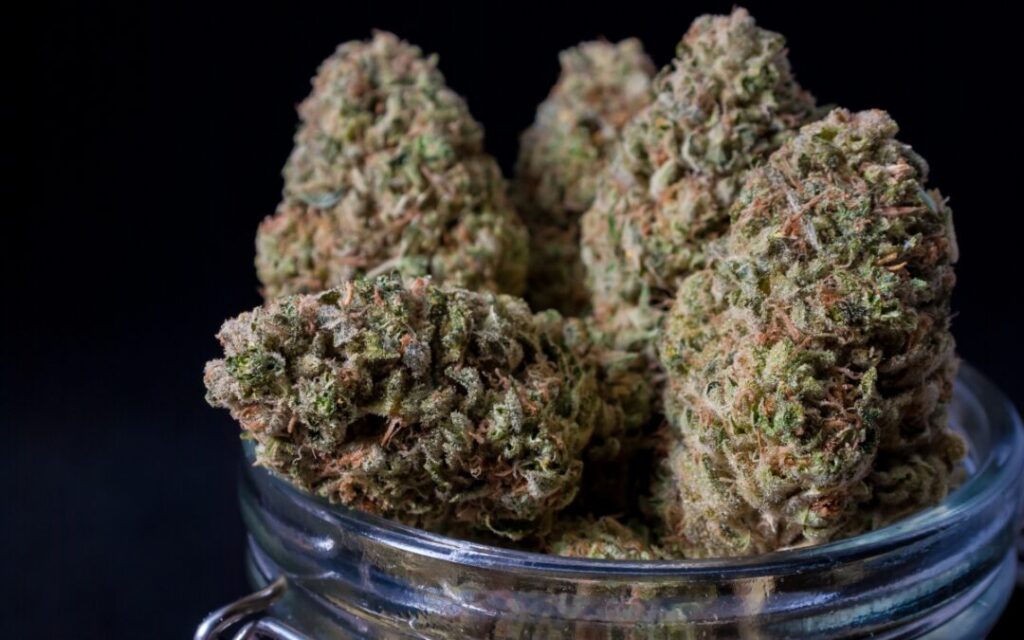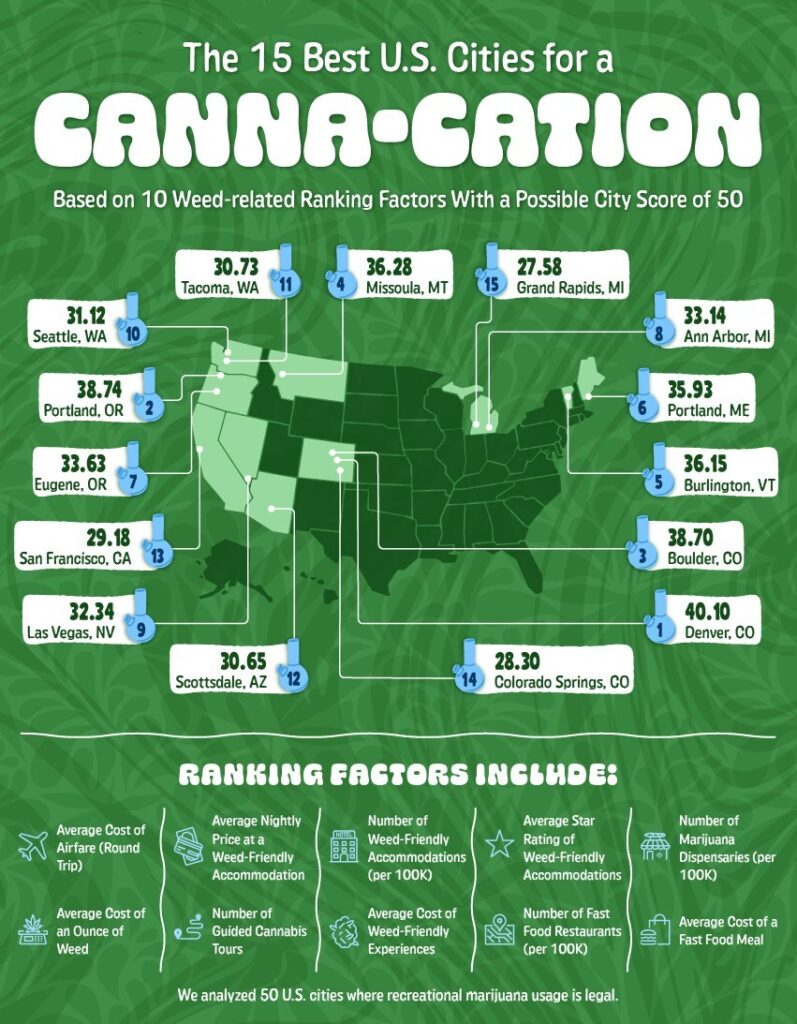Legislation in North Carolina that would legalize adult-use cannabis for those 21 and older, including establishing a licensed and regulated system of marijuana businesses, now has 13 sponsors.
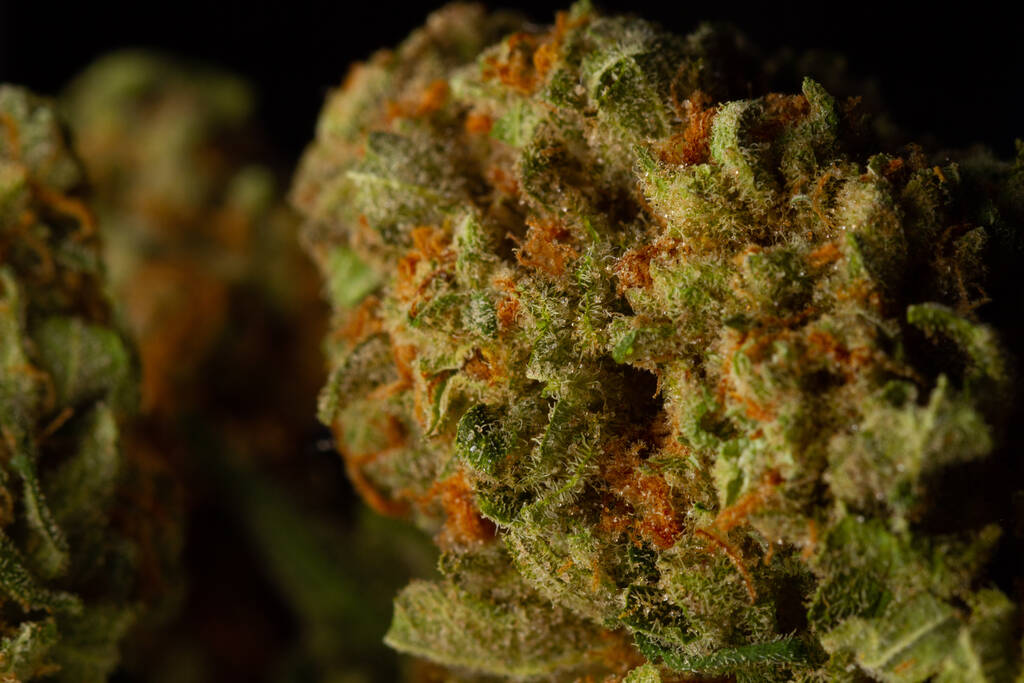
House Bill 413 was filed on Monday by a coalition of six Democratic lawmakers. In the two days since being filed, the measure has garnered seven additional sponsors.
Sponsors now include Representatives Jordan Lopez (D), Aisha Dew (D), Zack Forde-Hawkins (D), Mary Harrison (D), Eric Ager (D), Mary Belk (D), Tracy Clark (D), Sarah Crawford (D), Rodney Pierce (D), Lindsey Prather (D), Renee Price (D), James Roberson (D), and Brian Turner (D).
Continue reading


